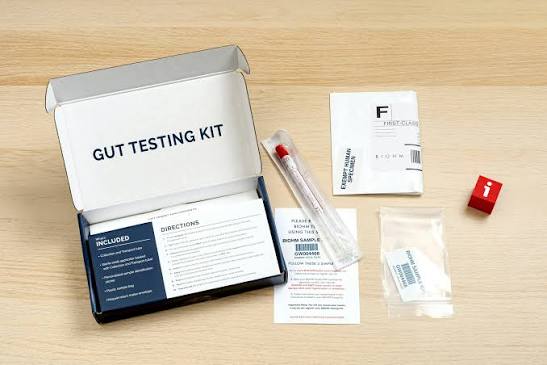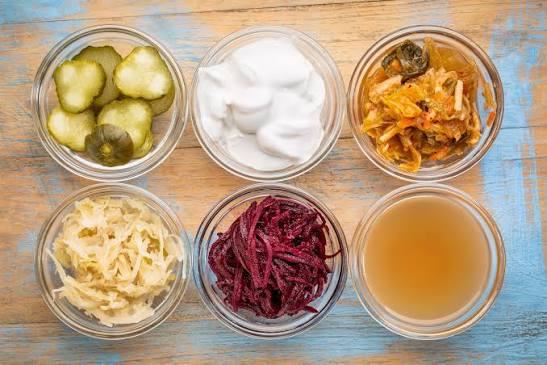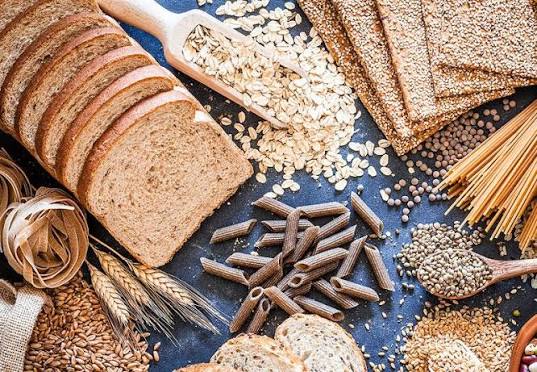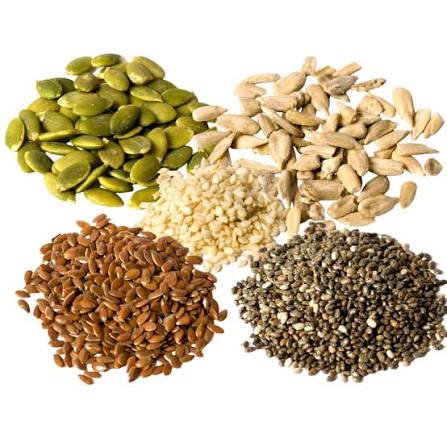It is said that one’s gut can be a source for many bacteria, fungi, and other microorganisms that constitute the gut microbiome. These small organisms can affect our immune system, emotional stability, metabolism, and weight control. The popularity of microbiome testing has led many people to pursue this approach with eagerness to learn about dietary staples for keeping their digestive system properly functioning.
A Guide to Gut Microbiome Testing
Many microorganisms help to process food and generate crucial vitamins and nutrients for reducing the risk of long-term illnesses such as diabetes and obesity. When such microorganisms are not able to carry out their functions, it can result in a state called dysbiosis that produces symptoms such as abdominal swelling, body soreness, non-allergic food reactions, and poor immune functioning.
Microbiome testing was recently discovered in the medical community and focuses on examining the structure of gut bacteria through sending stool samples for a lab diagnosis to determine the category and numbers of microbiome present in the stomach and intestines through DNA sequencing.
❖ Microbiome tests can indicate which bacterial species overpower the person's gut, pointing out the possibility of dysregulations or malfunctions.
❖ These tests can be used as additional supporting evidence for gaining clarity about symptoms and seeking relevant clinical guidance.
❖ Gut health depends mostly on dietary factors, individual stress levels, and medications taken that can change the test results over time.

Nourishing Foods for Gut Health
❖ Fermented foods that have prebiotic properties, such as yogurt, kimchi, and miso.

❖ Vegetables that have high concentrations of fiber, such as onions, garlic, and Brussels sprouts, that stimulate the growth of beneficial bacteria such as lactobacilli and bifidobacteria.

❖ Whole grains such as oats, barley, and brown rice that help to deal with inflammation. 
❖ Beans and lentils contain resistant starch, which maintains healthy microbiome balance and improves immune function.
❖ Fruits such as apples, berries, and bananas work as antioxidants. 
❖ Nuts and seeds such as almonds, walnuts, flaxseeds, and chia seeds that have healthy fats for promoting intestinal lining resilience. 
Conclusion
Gut health is associated with improving immune functioning, mood regulation, and promoting weight management. Gut microbiome testing helps to gauge the amount and type of bacteria present in the stomach for helping in changing dietary habits and becoming physically fit through effectively coping with stress and making a proper sleep schedule.
